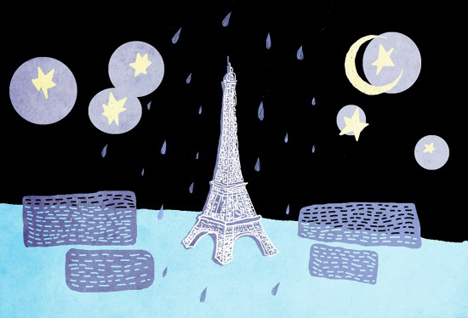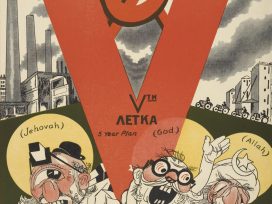In July, the European Court of Human Rights upheld France’s ban on wearing a full-face veil in public. The full-face veil was recognized as a security risk. Critics of the decision insist that the ban of the full-face veil could turn into a bigger security risk at a moment when political Islam is on rise and the future of the EU is in doubt. What is shared by the supporters and the critics of the decision is that both parties appeal to European values. But what are these values, and how should we interpret them? The discussion between Martha Nussbaum and Alain Finkielkraut is an opportunity to address this question. The radical difference in the way they define the nature of tolerance represents not simply two opposite intellectual points of view, but also two very different social and historical experiences. Their passionate disagreement reminds me of the remark an Indian colleague of mine once made concerning the differences between the Indian and French versions of secularism. “Both of our states are secular – my friend observed – but while in India secularism is a way to regulate the relations between different religious communities and it does not assume the existence of secular individuals, in France secularism is the name of the state religion.”
So, where do the differences come from? And are European values, as Finkielkraut defines them, the best chance to preserve the EU, or rather the road to its self-destruction?
In my view, in analysing EU’s regimes of tolerance, it is important to reflect on the historical origins of the EU. What is rarely discussed is that the EU was not simply an outcome of the destructive experience of the Second World War, but also the narrative that allowed European societies to say farewell to their overseas empires. In this sense, both the EU and India are post-colonial projects. The EU was founded on the rejection of ethnic nationalism and at the same time of imperial style diversity. The governments of major colonial powers like France or the UK used the European integration project as an argument to convince parts of society to give away the empire, and by doing that, they stressed the values of social and cultural cohesion. In France the republican tradition was used to swallow the loss of Algeria. It is this tradition of arguing for the European project that is very visible in the current debate. So, paradoxically, it was the encounter between the universalism of French republicanism and the reality of de-colonization that best explains Finkielkraut’s position.
What I find particularly important in Martha Nussbaum’s criticism of EU’s liberalism is European liberals’ suspicion and fear of political emotions. In the European liberal tradition suspicions against political emotions are stronger than in the American tradition. In America the heart can be a liberal too, but not in Europe. In Albert Hirschman’s terms, European liberalism means a clear distinction between passions and interests, and a constant fight to keep passions out of political life. But it is easy to exile passions in a modern cultural condition, which is much more visualized and where emotions are to be trusted.
Martha Nussbaum is in my view right that regimes of tolerance are regimes of managing emotions, and it could be argued that the fear of emotions is at the heart of the current crisis of the European project. So, we can ban the veil but could we ban the emotions it symbolizes?
This article first appeared in a series of issues of Kultura Liberalna, in cooperation with the The Centre for French and Francophone Studies at the University of Warsaw.







